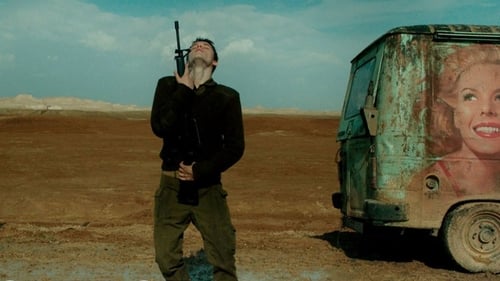
Music
He is known as the Nazi officer who saves "The Pianist" -Wladyslaw Szpilman, in the Roman Polanski film, but his German hometown from which he ran the local school and went to the war, still refuses to recognize him as a hero. 70 years after the end of the war, a group of residents demand to commemorate the Nazi Officer, Wilm Hosenfeld, in the local school and the reactions are stormy. In the meantime, Hosenfeld's grandchildren discover their grandfather's secret diaries in which he documented Nazi war crimes and they embark on a journey of discovery. During this journey, they will find out that their grandfather was a serial savior and aside from "The Pianist", another 60 people owe him their lives.

Original Music Composer
Patient-doctor relationships are never easy, but when the patient cannot talk or make decisions, it becomes particularly complicated. This is the everyday reality for the protagonists of this film: Ariella, a veterinarian, and Shmulik, the chief caretaker of a wildlife hospital. As they try to treat their patients, they face questions that are also applicable to life outside the clinic walls.

Music
다프나와 마이클 부부의 방문을 누군가 두드린다. 군인들이 다프나에게 아들 조나단이 군복무 중 사망했다는 소식을 전한다. 애도와 위로 속에 치러지는 장례식. 부모들은 좌절하고 죽음의 내력이 점차적으로 밝혀진다. (2018년 제19회 전주국제영화제)

Original Music Composer
Their family name alone evokes horror: Himmler, Frank, Goering, Hoess. This film looks at the descendants of the most powerful figures in the Nazi regime: men and women who were left a legacy that indelibly associates them with one of the greatest abominations in history. What is it like to have grown up with a name that immediately raises images of genocide? How do they live with the weight of their ancestors' crimes? Is it possible to move on from the crimes of their ancestors?



